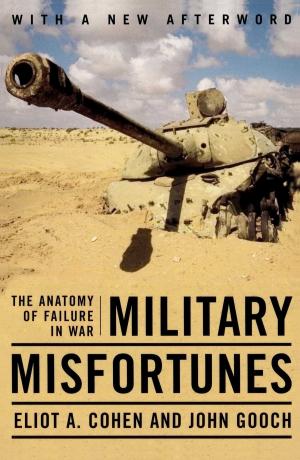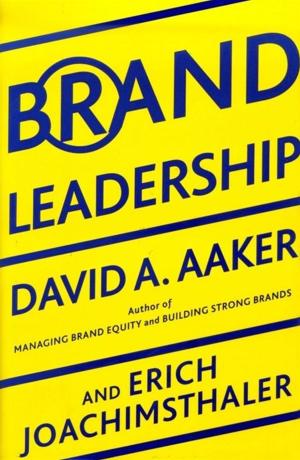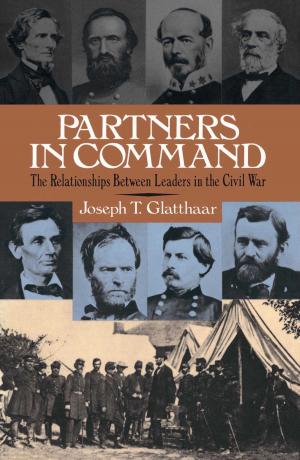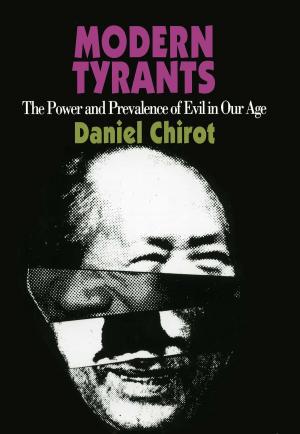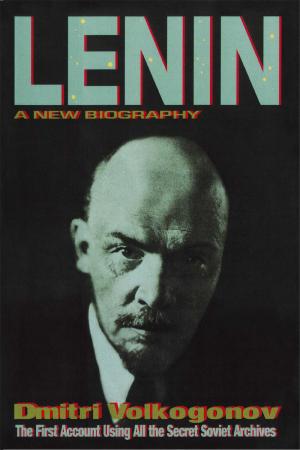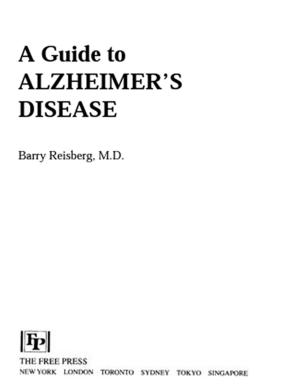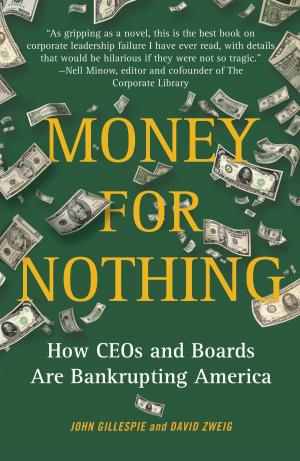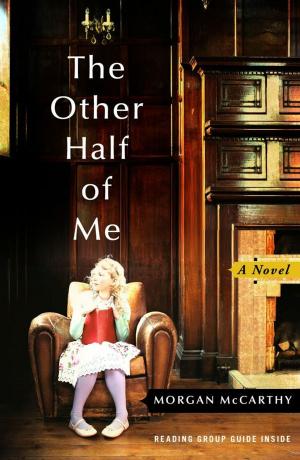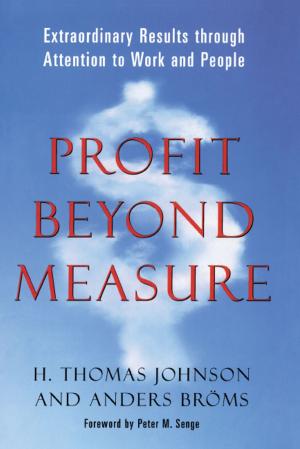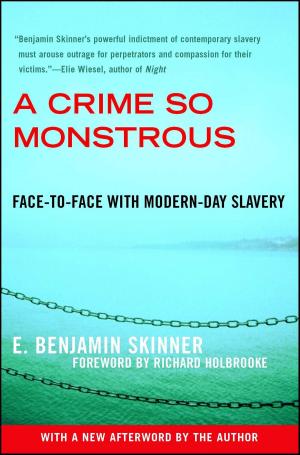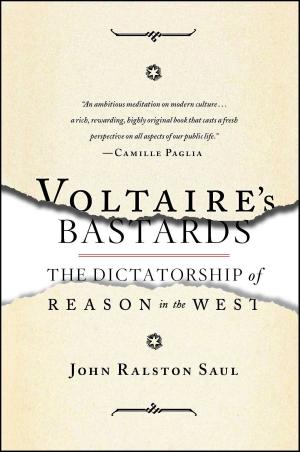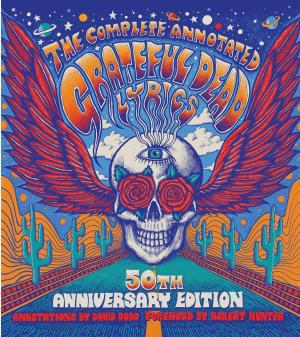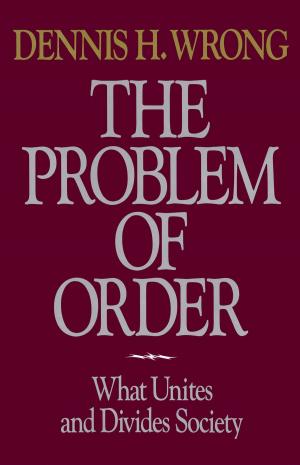The Ballad of Little River
A Tale of Race and Restless Youth in the Rural Sou
Nonfiction, History, Americas, United States| Author: | Paul Hemphill | ISBN: | 9781439138267 |
| Publisher: | Free Press | Publication: | May 11, 2010 |
| Imprint: | Free Press | Language: | English |
| Author: | Paul Hemphill |
| ISBN: | 9781439138267 |
| Publisher: | Free Press |
| Publication: | May 11, 2010 |
| Imprint: | Free Press |
| Language: | English |
Except for a massacre of five hundred settlers by renegade Creek Indians in the early 1800s, not much bad had happened during two centuries in Little River, Alabama, an obscure Lost Colony in the swampy woodlands of To Kill a Mockingbird country. "We're stuck down here being poor together" is how one native described the hamlet of about two hundred people, half black and half white. But in 1997, racial violence hit Little River like a thunderclap. A young black man was killed while trying to break into a white family's trailer at night, a beloved white store owner was nearly bludgeoned to death by a black ex-convict, and finally a marauding band of white kids torched a black church and vandalized another during a drunken wilding soon after a Ku Klux Klan rally.
The Ballad of Little River is a narrative of that fateful year, an anatomy of one of the many church arsons across the South in the late 1990s. It is also much more -- a biography of a place that seemed, on the cusp of the millennium, stuck in another time. When veteran journalist Paul Hemphill, the son of an Alabama truck driver who has written extensively on the blue-collar South, moved into Little River, he discovered the flip side of what the natives like to call "God's country": a dot on the map far from the mainstream of American life, a forlorn cluster of poverty and ignorance and dead-end jobs in the dark, snake-infested forests, a world that time forgot.
Living alongside the citizens of Little River, Hemphill discovered a stew of characters right out of fiction -- "Peanut" Ferguson, "Doll" Boone, "Hoss" Mack, Joe Dees, Murray January, a Klansman named "Brother Phil," and his stripper wife known as "Wild Child" -- swirling into a maelstrom of insufferable heat, malicious gossip, ancient grudges, and unresolved racial animosities. His story of how their lives intertwined serves, as well, as a chilling cautionary tale about the price that must be paid for living in virtual isolation during a time of unprecedented growth in America. God's country is in deep trouble.
Except for a massacre of five hundred settlers by renegade Creek Indians in the early 1800s, not much bad had happened during two centuries in Little River, Alabama, an obscure Lost Colony in the swampy woodlands of To Kill a Mockingbird country. "We're stuck down here being poor together" is how one native described the hamlet of about two hundred people, half black and half white. But in 1997, racial violence hit Little River like a thunderclap. A young black man was killed while trying to break into a white family's trailer at night, a beloved white store owner was nearly bludgeoned to death by a black ex-convict, and finally a marauding band of white kids torched a black church and vandalized another during a drunken wilding soon after a Ku Klux Klan rally.
The Ballad of Little River is a narrative of that fateful year, an anatomy of one of the many church arsons across the South in the late 1990s. It is also much more -- a biography of a place that seemed, on the cusp of the millennium, stuck in another time. When veteran journalist Paul Hemphill, the son of an Alabama truck driver who has written extensively on the blue-collar South, moved into Little River, he discovered the flip side of what the natives like to call "God's country": a dot on the map far from the mainstream of American life, a forlorn cluster of poverty and ignorance and dead-end jobs in the dark, snake-infested forests, a world that time forgot.
Living alongside the citizens of Little River, Hemphill discovered a stew of characters right out of fiction -- "Peanut" Ferguson, "Doll" Boone, "Hoss" Mack, Joe Dees, Murray January, a Klansman named "Brother Phil," and his stripper wife known as "Wild Child" -- swirling into a maelstrom of insufferable heat, malicious gossip, ancient grudges, and unresolved racial animosities. His story of how their lives intertwined serves, as well, as a chilling cautionary tale about the price that must be paid for living in virtual isolation during a time of unprecedented growth in America. God's country is in deep trouble.

